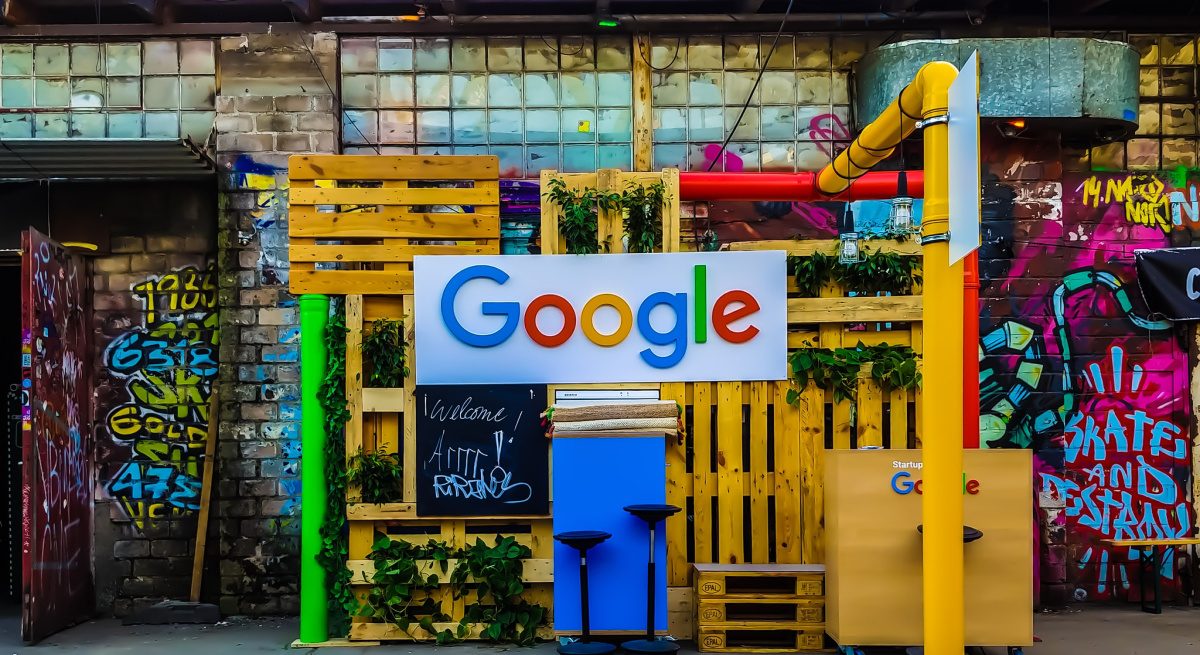Tips for Improving Your Website’s Google Ranking
4 Min Read By Marc Swann
Word of mouth publicity might once have been enough to persuade diners your restaurant was the best in town, but nowadays you need to make sure your business stands out online, too.
We live in an increasingly digital world, and the first thing that many diners will do if they fancy something to eat is pull out their smartphones, laptops, or tablets and search for eateries in their local area.
The battle for customers is being won and lost online.
The battle for customers is being won and lost online, so, if you want to make sure your restaurant is attracting plenty of hungry customers, you'll need to make sure that your website appears near the top of the search engine results page (SERP) for your target keywords.
Depending on the sort of keywords you want to target, the SERP can be quite competitive, as lots of other businesses are also likely to be fighting for a top position. Fortunately, there are a number of things your can do to boost your rankings and secure that all-important online traffic. Here, I'll share my top tips for getting your catering site to the top of the SERP.
Optimize your Site for Local Search
Unless your catering company or restaurant is already quite well known, it’s unlikely that every customer will begin their online journey by searching for your business by name. Instead, many of your potential diners are likely to start by looking for options in their local area — for example, "Italian restaurants in Birmingham", or "happy hour deals near me". So, you need to make sure you're optimising your site to capture this organic local search traffic.
One way to do this is to use specialist SEO tools, like SEMrush or Google Keyword Planner, to work out which words and phrases get the most search. When you know which terms are going to be the most valuable for your company, you can make sure you're targeting them in your onsite content. These tools can be costly and the work time-consuming, so you may prefer to outsource this job to an industry professional or agency. But, if this isn't an option for your business, just try to make sure that you mention your location in your onsite content, so search engines can work out where you're situated.
You also need to make sure that all your pages are indexed, as this will help search engines to find your site and classify your content properly. To make sure your site is indexable, check your robots.txt and XML sitemap and set up Google Search Console so you can keep an eye out for any errors which could prevent you from ranking.
Focus on UX — Both for Mobile and Desktop
Search engines like Google place a lot of emphasis on offering the best possible user experience (UX). In fact, UX is now thought to be a major ranking factor, with sites that offer a more user-friendly experience often seeing better rankings.
If you want to make sure your restaurant is attracting plenty of hungry customers …
It's not hard to see why: search engines aim to provide the best possible result for every query, and so are more likely to favour results which are hosted on well-structured sites that offer the best experience for the user. Plus, sites which are difficult to navigate, very slow to load, or just don't look very professional are more likely to have a higher bounce rate (which is where the user clicks straight back onto the SERP). A high bounce rate is known to be a negative ranking factor, pushing your site further down the SERP, so it’s crucial that your website offers brilliant UX that will persuade users to stay on your page.
A user-friendly site is one that looks great, is well structured, has a clear menu system so users can find the information they need, and loads quickly. This will be the foundation of the rest of your digital marketing strategy, so be sure to prioritise some of your resources on getting your website in order before making any other changes. Even if you think your site is already quite user-friendly, it's well worth carrying out an audit and seeing if anything can be improved. You can see if your site is up to speed using Google's PageSpeed insights tool.
Don’t forget about mobile search, either. Smartphones currently account for half of all search (Statista) — and, as many of your target customers are likely to be out and about when they search for nearby restaurants, it's important your site offers a great experience on mobile devices. So, make sure the mobile version of your site is every bit as fast, responsive and easy to navigate as your desktop site — you can measure this through Google's mobile-friendly test.
Complete Your Google My Business Profile
If you want to rank highly for local search terms, then you'll definitely want to claim and complete your Google My Business Profile (GMB). This a profile which can help ensure your restaurant appears on Google Maps and local search, and it also makes your business seem more credible, legitimate and trustworthy, which can boost your SEO across your website as a whole. Plus, if you use an integrated scheduling software to take bookings, then customers can even use your GMB listing to book a table right there in the SERP, making it easier than ever to secure new custom.
… Make sure your website appears near the top of the SERP for your target keywords.
The more information you provide, then the more benefits you'll get from your My Business profile, so be as thorough as possible, and include a few high-quality images of your venue if possible. You can find more information on optimising your GMB account in our guide to getting the most out of your Google My Business listing.
The SERP can be quite competitive, so it's vital that you're doing everything you can to make your restaurant or catering business stand out. Take these tips on board, and you should stand every chance of boosting your rankings and capturing more organic search in 2020 and beyond.


